What is Webbing
Webbing is a strong, woven fabric characterized by its versatility and durability, making it an essential component across various industries. It is typically made from a wide array of materials, including but not limited to polyester, nylon, polypropylene, and cotton. Its unique flat strip or tube-like form allows it to be used in applications where strength and flexibility are paramount. Webbing is commonly employed in the manufacture of items such as apparel, home textiles, seat belts, luggage straps, and pet leashes, among others.
Manufacturers and designers choose webbing due to its high tensile strength which can support heavy loads without fraying or breaking. The simplicity of its design belies the complex weaving process that lends it the ability to withstand significant stress and wear. Moreover, webbing can be produced to meet specific requirements such as fire resistance, water resistance, and UV stability which broadens its use to outdoor gear and safety equipment.
The beauty of webbing lies in its adaptability. It can be found in a multitude of colors, patterns, widths, and styles to suit the aesthetics or functional needs of various end products. For example, high-visibility webbing is used in safety gear to ensure the wearer stands out in low-light conditions, while non-slip webbing is used in cargo control to prevent goods from shifting during transport. With such diverse applications, webbing is an indispensable element in a vast range of industries.
Types of Webbing
Webbing comes in different forms and materials, each suited to particular uses based on its properties:
Polyester/Nylon Webbing: This type is prized for its strength and durability. Polyester and nylon are synthetic fibers that resist abrasion and can withstand a range of environmental conditions. This makes them ideal for outdoor gear, luggage straps, and safety harnesses.
Cotton Webbing: Offering a softer touch compared to synthetic fibers, cotton webbing is often used where comfort is key. It's common in apparel accessories like belts and headbands as well as in home textiles.
Seat Belt Webbing: Specifically designed for passenger safety, this webbing has very high tensile strength and resistance to stretching. It is used exclusively in the automotive industry for seat belts.
Elastic Webbing: Incorporating materials like spandex, elastic webbing is stretchable and returns to its original length after being pulled. This feature makes it suitable for garments that require flexibility like lingerie, bra straps, and waistbands.
High Tenacity Webbing: As suggested by the name, this webbing offers extra strength and is often used for heavy-duty applications such as lifting slings or cargo control.
Each type of webbing serves distinct purposes depending on their material composition and construction methods. From securing heavy loads to providing an elasticated waistband on a pair of undergarments, the right choice of webbing ensures both functionality and reliability.
How to Choose Webbing
Selecting the right type of webbing for your business needs involves considering several factors such as the intended use of the product, material preferences, load-bearing requirements, environmental conditions it will be exposed to, and compliance with industry standards.
For example:
- A manufacturer producing outdoor equipment might prioritize high tenacity polyester/nylon webbing for its UV resistance and strength.
- A fashion designer creating dresses with ribbon detailing may opt for a soft cotton or satin ribbon variety that offers comfort against the skin.
- Companies making pet accessories such as dog leashes could select durable but flexible materials like polyester/nylon blends that can endure pulling forces while being gentle on hands.
- For businesses involved in transportation or logistics requiring cargo control solutions, non-slip webbings that provide secure lashing are essential.
In addition to functional requirements, aesthetic choices also play a role. The color palette available on Alibaba.com ranges from basic black and white to vibrant hues that can be matched with brand colors or design themes. Patterns from plain to intricate designs like jacquard weave can add visual interest or branding elements to your product.
Lastly, it's important to consider supplier reliability when choosing webbings on Alibaba.com. Look for suppliers offering Trade Assurance services which protect your orders from payment to delivery ensuring peace of mind regarding product quality and transaction security.
Best Webbing on Alibaba.com
Alibaba.com offers an extensive range of wholesale webbings designed to meet the diverse needs of businesses worldwide. With over two decades of facilitating global trade between suppliers and buyers across various industries, Alibaba.com has cemented its reputation as a reliable marketplace where businesses can source products tailored to their specific requirements.
The platform provides access to a vast selection of materials including polyester/nylon blends that are known for their durability and versatility; eco-friendly options that cater to sustainable practices; as well as specialized webbings such as high tenacity types suitable for rigorous applications. With advanced search capabilities on Alibaba.com, buyers can effortlessly filter through options based on features like material composition, color schemes, patterns available – all without having to commit to large minimum order quantities typical in B2B transactions.
Choosing Alibaba.com means engaging with a global marketplace that understands the importance of quality assurance. Through services like Trade Assurance – a service designed to safeguard buyer payments until order delivery – businesses are assured that their procurement process will be secure and satisfactory. Whether you're outfitting a new line of handbags with trendy straps or equipping safety gear with high-strength webbings, Alibaba.com stands out as a top destination for all your wholesale webbing needs.
Common FAQs for Webbing
What is webbing used for in various industries?
Webbing is utilized for a multitude of applications across different industries due to its strength and versatility. It's commonly found in the production of garments, home textiles, automotive seat belts, luggage straps, pet leashes, and much more.
How do I determine the right type of webbing for my product?
Selecting the appropriate webbing depends on the product's intended use, required strength, flexibility, environmental exposure, and compliance with industry standards. Assess these factors to find a webbing type that meets your specific needs.
Can webbing be customized according to my business requirements?
Yes, webbing can be customized in terms of material, width, color, pattern, and tensile strength to cater to specific business requirements and applications.
What materials are commonly used to manufacture webbing?
Materials such as polyester, nylon, polypropylene, cotton, spandex, and various blends are used in manufacturing webbing. Each material offers different properties like durability, elasticity, and comfort.
What are the differences between synthetic and natural webbings?
Synthetic webbings like polyester and nylon offer high strength, abrasion resistance, and durability in extreme conditions. Natural webbings like cotton provide a softer texture and comfort but may not be as durable as synthetic options.
Is there eco-friendly webbing available for sustainable product lines?
Eco-friendly options such as organic cotton or recycled polyester webbing are available for businesses looking to create sustainable products.
What should I look for in a webbing supplier on Alibaba.com?
When selecting a supplier on Alibaba.com, consider their product range, customization options, minimum order quantities, and whether they offer Trade Assurance to protect your transaction.
How does the width of the webbing affect its use?
The width of the webbing is directly related to its load-bearing capacity. Wider webbings distribute weight over a larger area and are typically used for heavy-duty applications.
Are there regulations I should be aware of when choosing webbing for safety equipment?
Yes, safety equipment such as seat belts or lifting slings may be subject to specific industry standards and regulations that dictate the type and quality of webbing required.
How do I verify the tensile strength of a particular type of webbing?
Tensile strength should be detailed in the product specifications provided by the supplier. Ensure that this information aligns with industry standards for your application.
Can webbing be printed on for branding purposes?
Many types of webbing can be printed on with various methods such as silk screen printing or thermal transfer printing to include logos or branding elements.
What is high tenacity webbing, and when would I need it?
High tenacity webbing is designed for applications that require additional strength and durability. It's ideal for heavy lifting or securing large loads in cargo control scenarios.
What are some key features I should consider when choosing webbing for outdoor use?
For outdoor applications, consider features such as UV resistance, water resistance, high visibility colors or patterns, and overall durability against weather conditions.





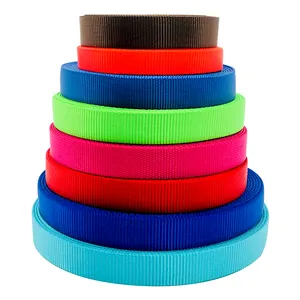

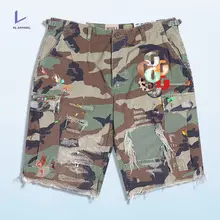




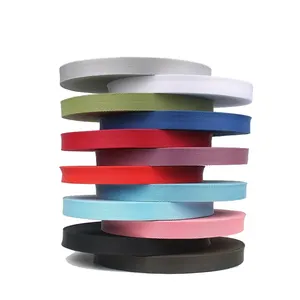





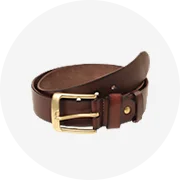

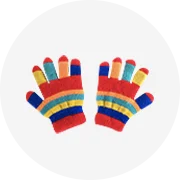
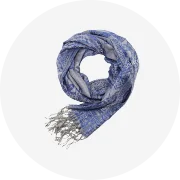
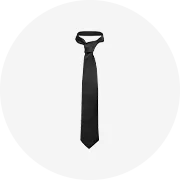

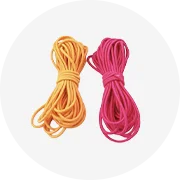

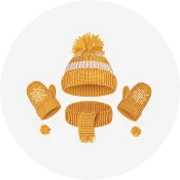
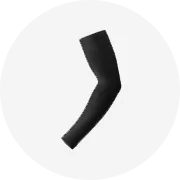

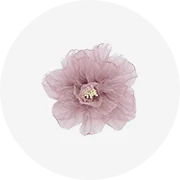
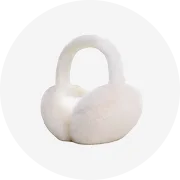

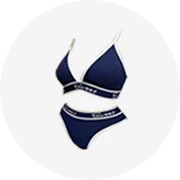
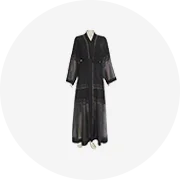








 浙公网安备 33010002000092号
浙公网安备 33010002000092号 浙B2-20120091-4
浙B2-20120091-4